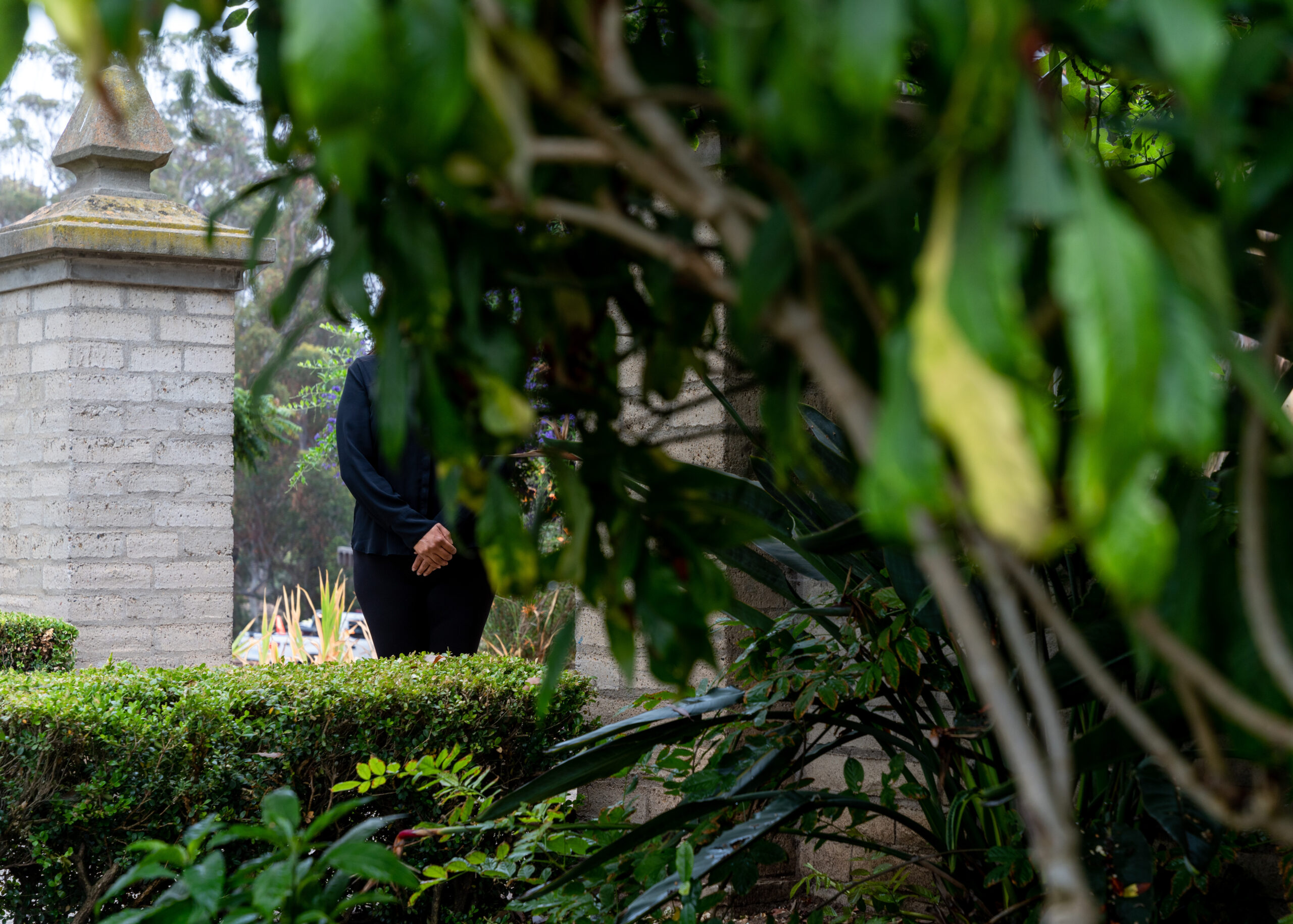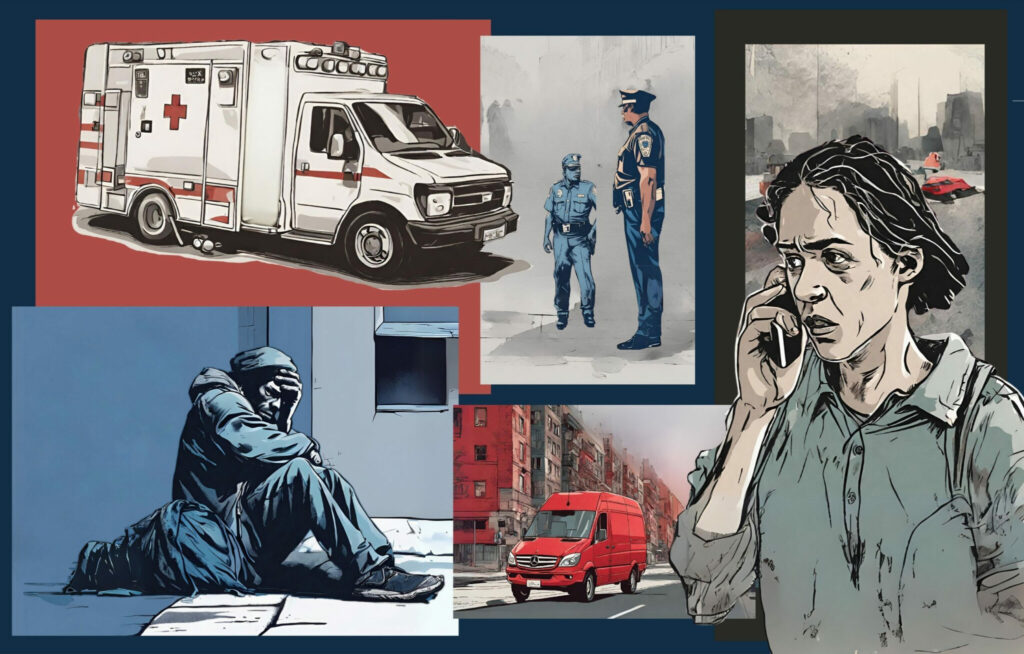Mental Health Care Is Critical for Survivors of Violence. Access Is Another Story.

Mental Health Care Is Critical for Survivors of Violence. Access Is Another Story., by Claudia Boyd-Barrett, August 3, 2023:
Lisbet wondered if the victim advocate had made a mistake. Lisbet was at the Family Justice Center in San Diego, a social services agency for domestic violence survivors, trying to get help with basic needs like shelter and food after leaving her abusive husband. And she was being offered counseling.
“I was like, ‘Oh my gosh, why do I need therapy? Do they think I’m crazy?’” recalled Lisbet, who asked that her last name not be used to protect her children’s safety. “I couldn’t understand at that moment how important it is to seek therapy after overcoming a traumatic situation.”
While it came as a surprise to Lisbet, domestic violence survivors often need mental health care. Like veterans of wars or victims of human trafficking, these survivors have often been subjected to prolonged periods of extreme stress and fear for their safety, which is harmful to the health of both body and brain. And the need is widespread: An estimated 1 in 4 women and 1 in 7 men in the United States experience severe physical violence at the hand of an intimate partner in their lifetime.
Californians in general struggle to find and afford mental health treatment, but the access difficulties are magnified for survivors. These access challenges are often compounded by practical, cultural and linguistic barriers including — as in Lisbet’s case — the overwhelming nature of domestic violence, health insurance limitations, stigma and fear of turning to authorities for help.
Experts who spoke with the California Health Report said the state should do more to help domestic violence survivors and their children access mental health support by providing additional funding to domestic violence agencies to expand mental health services, requiring insurers to better cover mental health care and reimburse providers fairly, and by incentivizing more people to enter behavioral health professions. Some advocates and survivors also called for reimagining criminal justice and child welfare responses to domestic violence to reduce the risk of penalizing or alienating victims.
Read more from the California Health Report here.




